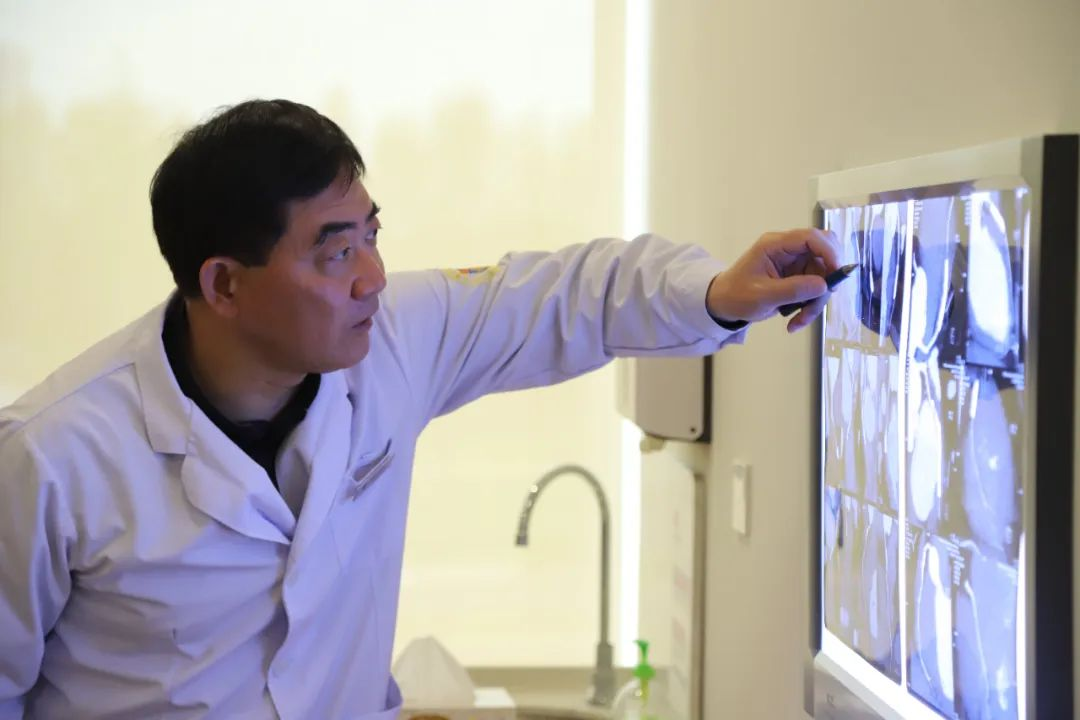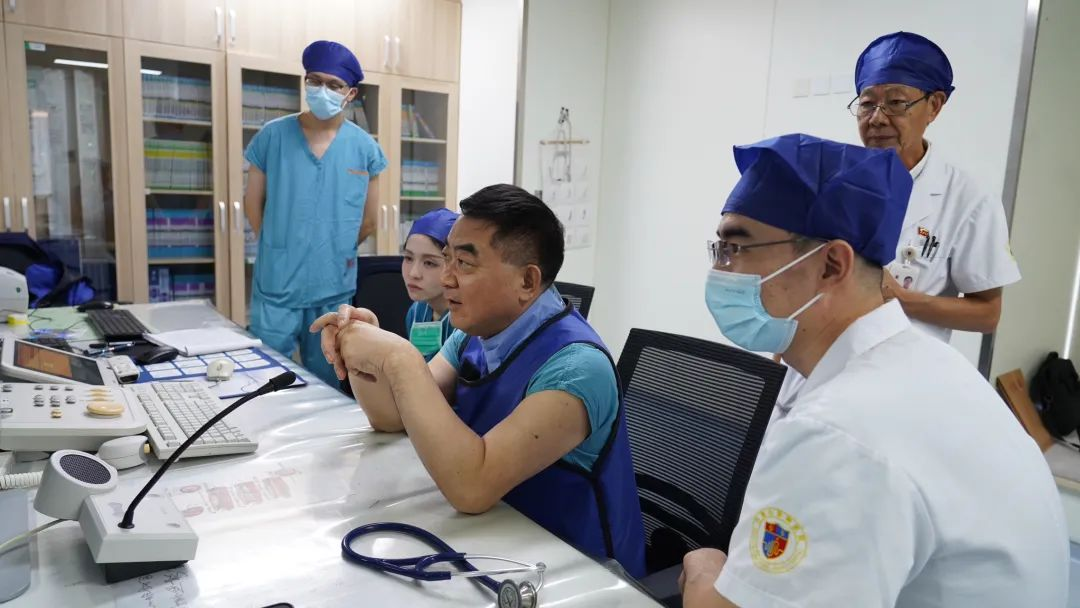Recently, Professor Ge Junbo — Academician of the Chinese Academy of Sciences and President of Qingdao University Affiliated Rizhao Hospital / Rizhao International Heart Hospital — gave an exclusive media interview in which he discussed how to design a scientific, personalized heart health prevention plan and shared his own “heart care” approach to weight management.

In recent years, cardiovascular diseases such as myocardial infarction and sudden cardiac death have shown a trend of affecting younger populations, sparking widespread concern.
“An unhealthy lifestyle is a ‘silent killer’,” said President Ge bluntly. The causes of conditions like heart attacks and sudden cardiac death are complex — for example, sudden cardiac death of cardiac origin may be linked to inherited cardiomyopathy, coronary heart disease, and other illnesses.

“Under normal circumstances, coronary heart disease may begin to develop slowly from age 45 and peak around age 60. As people grow older, complications increase and incidence rates rise. But nowadays, certain unhealthy habits among young people are prematurely depleting their heart health,” he explained. “Staying up late, prolonged sitting, smoking, excessive caffeine intake — these everyday behaviors of young professionals are damaging their hearts. We must be alert to the dangers of such lifestyles. Some people know the risks but still say, ‘One more late night won’t matter.’ In fact, your heart remembers every one of them.”

President Ge also highlighted the phenomenon of premature beats: that sudden “skip” in your heartbeat after overexertion could be your body’s cry for help. “Don’t just rely on ‘feeling fine’ to push through — a simple ECG can reveal the truth.” He urged young people to abandon a fluke mentality: “Health is not a multiple-choice question — it’s a compulsory one.”
“Personalized prevention plans should be developed based on specific causes, but a healthy lifestyle is the foundation,” President Ge advised. He recommends regular exercise, avoiding overnutrition, keeping weight under control, and steering clear of tobacco and alcohol to maintain a healthy heart.

“Obesity is the ‘reserve army’ of cardiovascular and cerebrovascular diseases.” This year is designated as the “Year of Weight Management.” Speaking about weight control, President Ge stressed that being overweight not only triggers diabetes and hypertension but also directly damages blood vessels: “Obesity plants a ticking time bomb in the heart.” However, losing fat and protecting the heart is far from impossible: “Control your diet, keep moving, and develop good habits.”
As a “practitioner of health,” President Ge shared his personal “heart care” routine:
“I keep a regular exercise schedule every day. Since my university days, I’ve had a habit of never staying up late. I usually go to bed before 10 p.m. Sometimes when I’m out at night, once the time comes, I just can’t keep my eyes open.”
He laughed, saying he has “missed countless late-night gatherings” and jokingly added, “It’s probably bad for ‘academia’ too, because many people stay up late doing research and writing papers, but I’m already asleep by 10.” Still, the good habit of going to bed on time has rewarded him with abundant energy during the day and a healthy heart.

“In fact, 70% to 80% of cardiovascular diseases — especially those dominated by atherosclerosis — can be prevented,” President Ge said. Cardiovascular health is closely linked to diet, and daily meals should be low in salt and oil, with more fruits and vegetables. “I believe self-discipline is vital. Don’t eat too salty, and don’t eat until you’re stuffed. As the saying goes, ‘Leave the stomach one-third empty and the body slightly cool,’ and you’ll maintain a healthy physique.”
In President Ge’s view, a healthy heart is a comprehensive concept: it includes not only normal cardiac function but also the prevention of upstream diseases and the maintenance of overall health. A healthy heart should allow a person to live with dignity at every age — taking care of themselves and their family, and participating fully in social life.
Previous article:Groundbreaking Advancement: Internationally Leading Automated Testing ...
Next article:No more
